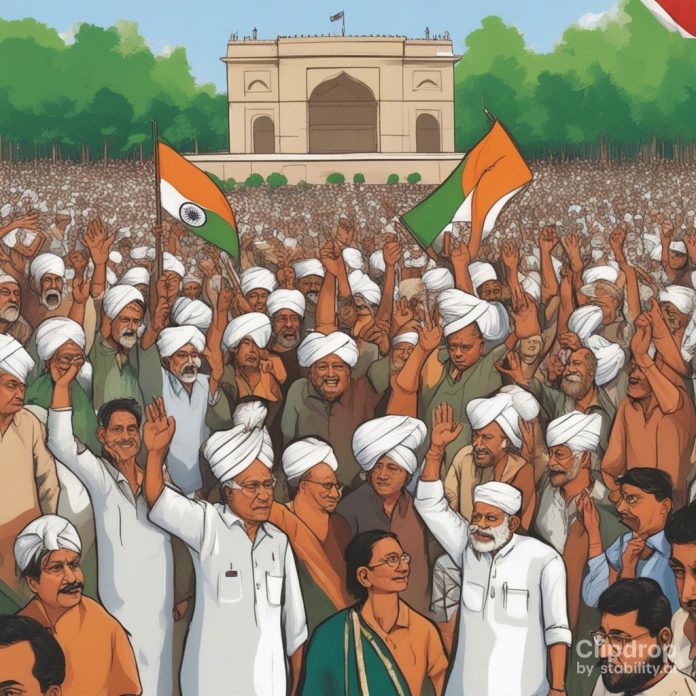Introduction
Indian politics is a complex web of diverse ideologies, regional aspirations, and competing interests. In this dynamic landscape, the role of ideology in shaping political discourse and decision-making cannot be overstated. Ideology serves as the compass that guides political parties and leaders, helping them formulate consistent messages that resonate with their supporters and the wider electorate. In this blog, we will delve into the significance of ideology in Indian politics and how it contributes to the construction of a consistent political message.
The Diversity of Indian Politics
India is a vast and diverse country with a rich tapestry of cultures, languages, religions, and regional identities. This diversity is reflected in its political landscape, where a multitude of parties and ideologies coexist. From the socialist principles of the Indian National Congress to the right-wing nationalism of the Bharatiya Janata Party (BJP) and the regionalism of parties like the Dravida Munnetra Kazhagam (DMK) and the Shiv Sena, Indian politics is a mosaic of contrasting ideologies.
The Significance of Ideology
- Guiding Principles: Ideology serves as the foundation upon which political parties and leaders build their policies and strategies. It offers a set of guiding principles that help shape their vision for the country. For instance, parties like the Communist Party of India (Marxist) advocate for a socialist and egalitarian society, while the BJP emphasizes cultural nationalism and Hindutva.
- Consistency: A consistent political message is crucial for establishing credibility and trust among voters. When parties adhere to a well-defined ideology, they are more likely to communicate a consistent message to their supporters. This consistency helps voters understand what the party stands for and what they can expect if the party comes to power.
- Attracting Supporters: Ideology helps parties attract like-minded individuals and interest groups. Supporters who share the same ideological beliefs are more likely to rally behind a party and work towards its success. This not only strengthens the party’s grassroots support but also provides a dedicated cadre for election campaigns.
- Differentiation: In a crowded political landscape, ideology helps parties differentiate themselves from their competitors. Voters can distinguish one party from another based on their ideological stance and policy priorities. This clarity is essential in multi-party systems like India’s.
Challenges to Building a Consistent Ideological Message
While ideology plays a pivotal role in Indian politics, there are challenges that parties face in building and maintaining a consistent ideological message:
- Coalition Politics: Indian politics often involves the formation of coalition governments. In such scenarios, parties may need to compromise on their core ideologies to accommodate the diverse interests of their coalition partners. This can dilute their ideological message.
- Electoral Pragmatism: Parties may sometimes prioritize electoral pragmatism over ideology, making strategic shifts to appeal to a broader voter base. For instance, they might modify their stance on certain contentious issues to gain wider support.
- Changing Socioeconomic Realities: Societal and economic changes can alter the relevance of certain ideological positions. Parties may need to adapt their ideologies to address contemporary issues effectively.
Conclusion
Ideology is the bedrock of Indian politics, providing parties and leaders with a consistent message that resonates with their supporters and helps differentiate them from their competitors. However, maintaining ideological purity in the complex and ever-evolving political landscape of India can be challenging. Political parties must strike a delicate balance between adhering to their core beliefs and adapting to changing circumstances. In this dynamic environment, the role of ideology in shaping political discourse and decision-making remains as critical as ever, influencing the course of Indian democracy.

